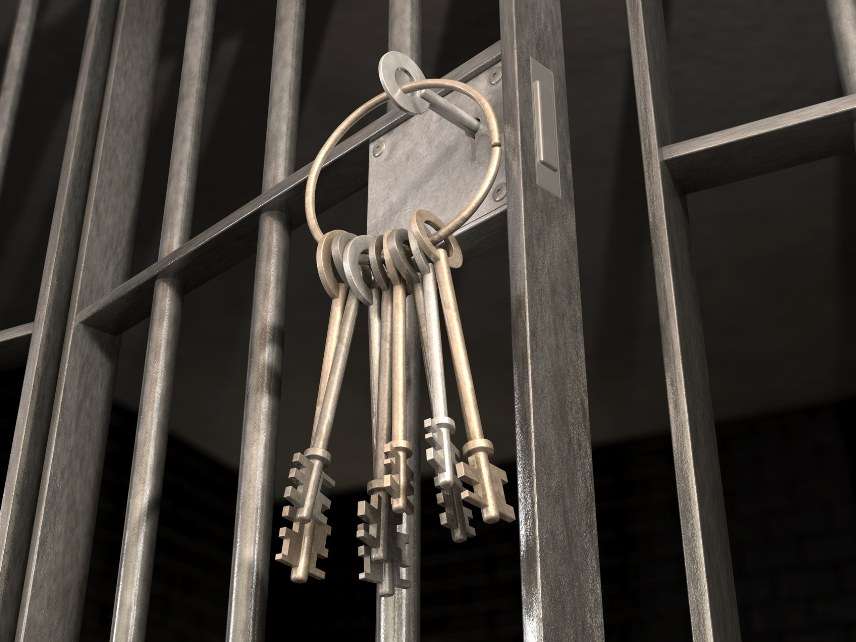Bail Bond Industry Attempting to Force California Jail Reforms to the Ballot Box
A law signed in August will eliminate cash bail entirely in the Golden State, and quite a few jobs in the process.

Representatives of the bail bond industry in California say they've got enough signatures to force a public vote over a law that essentially eliminates their work across the Golden State.
SB10, signed into law in August, eliminates the use of cash bail in California. Instead county courts are required to set up pretrial services and use risk assessments to determine who should be released (and how much monitoring they require) from jail before their trials and who was too much of a flight risk or too dangerous and had to be kept in detention.
The bill was passed amid a recently growing criminal justice reform push to solve the problem of hundreds of thousands of defendants who remain stuck in jail prior to their trials not because they're dangerous, but because they cannot afford the bail amounts demanded of them by the courts. They have not yet been convicted of a crime, but they're stuck behind bars like criminals because they don't have the money to pay for their freedom. As a result, those who remain in jail are more likely to accept bad plea deals and longer criminal sentences than they would had they been free to fight the charges.
New Jersey and Alaska have changed their systems and all but eliminated the use of cash bail, decimating the bail bonds industry. California's bill takes it a step further and eliminates the cash bail option entirely, relying instead on pretrial risk assessments and monitoring and communication services to make sure that people return to court.
But today a coalition of bail bond groups announced they had gathered enough signatures (more than the 500,000 that the state requires) to force SB10 to a voter referendum in 2020. If those signatures are deemed valid, the law cannot be implemented until the public votes on whether to keep it intact.
That's a big challenge to the law's future, though keep in mind that cities, counties, and courts do have the ability to reduce the dependency on cash bail to determine who gets to go free. And some places in California—Santa Clara County, for example—have done exactly that. But it's a lot of work and requires funding to get going, and so some courts still just turn to the bail schedule with little discussion or debate about whether a defendant is actually a risk. SB10 was supposed to change that.
But the new law also raised serious concerns among civil rights groups and criminal justice reform advocates. In the process of hammering out the details, a lot of power was handed over to the courts to determine how to implement the changes. Furthermore, the presumption that defendants would be released unless they were determined to be either dangerous or flight risks was stripped out of the final bill. This caused the American Civil Liberties Union and other groups to turn against the very bill they helped craft. They fear that this change, if badly implemented, could result in more people being stuck in jail without even the possibility of cash bail and no way to get out at all.
So SB10 now exists in a strange space where the people who already control the courts are in charge of it and support it, while both the bail bond industry and criminal justice reformers have problems with the legislation. And you better believe that the bail bond industry, which has raised $3 million so far to bring this bill to a referendum, is going to dredge up every criticism of the bill from the criminal justice reform camp as the fight heats up.
Update: Right after this blog post went up, the ACLU of Northern California sent out a prepared statement making it clear they are not on the same side as the bail industry here, even though they themselves have problems with SB10. Director Executive Director Abdi Soltani says: "Make no mistake, the bail industry is not interested in equal justice or equal protection under the law, they are seeking to turn back the clock to protect their bottom line. Furthermore, any implicit or explicit suggestion that the ACLU stands with or supports the bail industry is patently false."
This blog post has been updated to add a response from the ACLU.


Show Comments (65)